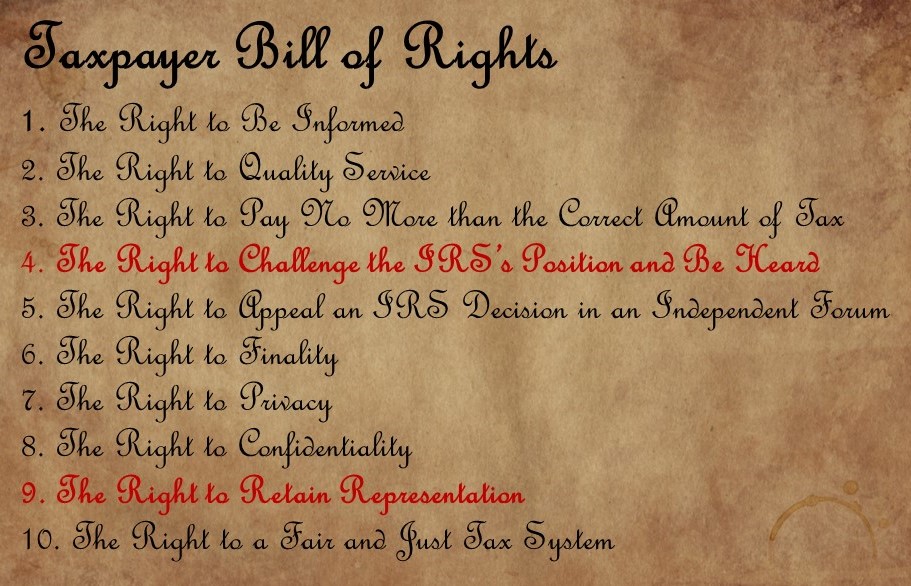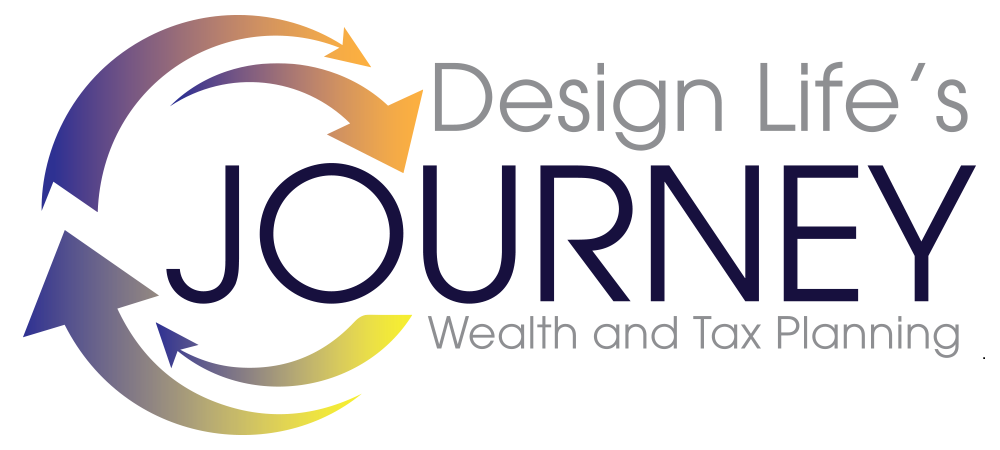So much has happened due to COVID-19, here is a quick summary of some of the latest changes that may affect you.
While business filing began in January, individual tax filing begins February 12th.
Here are some of the important insights and recent updates to help you prepare for your 2020 tax return.
• Did you receive a Form 1099-G for unemployment benefits you didn’t actually apply for or receive?
Since the pandemic, the IRS has noticed many scammers taking advantage of the unemployment benefit situation by using stolen, personal information to claim benefits. They receive the money, and the victims receive the tax documentation!
If you receive one of these unemployment forms and did not apply for benefits, contact the state agency as soon as possible to correct this error.
It is important to get the 1099-G corrected because unemployment benefits are taxable and are being reported as YOUR income.
Make certain you then report the fraud. Identity Theft Central at the IRS provides valuable information on the steps you should take if your identity has been compromised.
In addition, you may want to think about applying for an Identity Protection Pin from the IRS.
This is a private identification number provided by IRS and is known only by the taxpayer and the IRS (and your tax preparer at filing time). It prevents anyone else from filing a tax return under your Social Security number. This security PIN option is now open to everyone and is something I think everyone should apply for.
• Are you eligible for the Earned Income Tax Credit (EITC) or the Additional Child Tax Credit (ACTC)?
Fraudsters love to claim other taxpayer’s Earned Income Tax Credits and/or Additional Child Tax Credits. So, to reduce the number of fraudulent claims, the IRS will hold paying refunds to taxpayers eligible for these credits until the first week of March.
This is to give to the rightful taxpayer the opportunity to file their tax return before the fraudster walks away with the money. This is also a very important reason not to delay filing your tax return.
• Is your refund on the way?
Keep an eye out for it and save yourself time! Do not call the IRS agents about your refund. They won’t have any more information than what you’ll find on their website. To track your refund status, go to “Where’s My Refund” here.
• Did you claim your COVID-19 tax credit for employers who kept their workers on payroll?
Employee Retention Credit (ECR)
December’s legislation extended the tax credit period for the Employee Retention Credit (ECR) to employers who retained employees due to COVID-19 through June 30, 2021. The Taxpayer Certainty and Disaster Tax Relief Act of 2020 allows eligible employers to claim a refundable tax credit against their share of Social Security tax equal to 70% of the qualified wages paid through this time due to COVID-19.
The maximum ECR amount available is $7,000 per employee per calendar quarter, for a total of $14,000 in 2021 (an increase from the 50% of $10,000 of wages allowed in 2020). For all of the specific details, visit COVID-19-Related Employee Retention Credits: How to Claim the Employee Retention Credit FAQs.
Family First Coronavirus Response Act (FFCRA)
Also, in December, legislation allows employers to extend the eligibility for tax credits for qualified sick and family leave wages (which includes leave time for parents who were force home due to school closing during the pandemic) paid before March 31st, 2021. This extension is voluntary, and the benefits will still depend on the reason for the leave and other criteria. Details on what wages qualify for the credit can be found on the IRS site here.
For example, if someone who is unable to work because they are ill due to the coronavirus and takes qualified leave, the employer can qualify for a credit up to $511/day or a maximum of 10 days for $5,110. If the employee is taking leave to care for others the credit is up to $200/day or a maximum of $2,000.
• Employers, did you defer Social Security taxes in 2020?
The Consolidated Appropriations Act 2021 that was signed into law in late December 2020 extends the time employers can take to make their first deferred Social Security tax payment. The first half is now due by Dec. 31, 2021. The second half is still due December 31, 2022.
Penalties and interest will begin on January 1, 2022 on unpaid deferred balances. The question that has NOT been answered is whether those charges will start from January 2021 or if they will be retroactive to the date the deferrals were taken. That could be costly, so you do not want to be late with those payments.
• Should you claim self-employed, COVID-19 sick and family leave tax credits?
If you are self-employed, you can fill out Form IRS 7202 to request sick and family leave tax credits under the Families First Coronavirus Response Act (FFCRA). You are eligible if you were unable to work due to COVID-19 health issues, cared for a sick family member with COVID-19 or are caring for children due to school closures because of COVID-19
Qualifying events include:
1) Work restricted due to Federal, State or Local quarantines or isolation orders
2) You were advised by a health profession to quarantine due to COVID-19
3) You experienced symptoms of COVID-19
Depending on the circumstances, tax credits are based on your qualified sick leave or family leave equivalent amounts. For details, see the FFCRA site here.
• Can you claim credits for carbon capture?
If you captured qualified carbon oxide, “using carbon capture equipment placed in service on or after Feb. 9, 2018,” you may qualify for a tax credit. The IRS provide information about claiming credits, guidance on carbon oxide recapture, current rules, and more. To see the final ruling, click here.
• Was your 401(k) automatic enrollment cap percentage increased on your safe harbor plan?
The Setting Every Community Up for Retirement Enhancement Act of 2019 (SECURE Act) is an initiative to encourage employers to automatically enroll employees in their 401K plans and to automatically increase their annual contributions to a certain level. The IRS recently addressed provisions of the Act which affect the safe harbor provision for 401(k) plans and certain 403(b) plans.
To maintain the plan’s safe harbor status as a qualified automatic contribution arrangement (QACA), the plan will not be required to increase the maximum qualified percentage to determine automatic elective contributions. The plan may set a percentage as long as it is applied uniformly across the plan and does not exceed 15% of compensation, or 10% during the initial automatic contribution period.
For details and guidance on these provisions, see https://www.congress.gov/bill/116th-congress/house-bill/1994 or if the legalese frustrates you, feel free to call our office (920) 944-6020 or (678) 491-9744.
New Tax Updates Can Save You Money
As new tax updates and guidelines come out on a regular basis from the IRS, it can be difficult to keep track of everything. Be sure to click on the links above that apply to you to get all of the information necessary and follow the appropriate rules. Or contact your tax preparer directly.
This way, you can be up-to-date and take advantage of all of the benefits you qualify for right now and in the year ahead.
If you need assistance with these updates, individual tax filing and other information, contact us here. We are ready to help you!







 Connection Secure: Your information is private when it is sent to this site.
Connection Secure: Your information is private when it is sent to this site.